All Greenwich Addiction Treatment Centers
-
Renaissance Project Inc Port Chester
132 Pearl Street
Port Chester, New York 10573Treatment Programs
- Drug Rehab
Insurance
- Medicaid
- Private insurance
- +3
-
Stamford Hospital
30 Shelburne Road
Stamford, Connecticut 06904Treatment Programs
- Dual Diagnosis
- Adult Program
- Senior Rehab
- +1
Insurance
- Medicaid
- Private insurance
- +4
-

NewYork Presbyterian Westchester Division
Nichols Cottage Basement Area 21 Bloomingdale Road
White Plains, New York 10605Treatment Programs
- Alcohol Rehab
- Dual Diagnosis
- Opioid Addiction
- +5
Insurance
- Self-pay options
-
NCADD Westchester National Council on Alcoholism and Drug Dependence
5 Waller Avenue
White Plains, New York 10601Treatment Programs
- Alcohol Rehab
- Dual Diagnosis
- Opioid Addiction
- +3
-
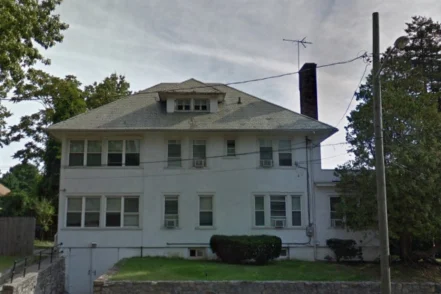
St Christophers Inn Brothers Christopher House
13 Longview Avenue
White Plains, New York 10605Treatment Programs
- Alcohol Rehab
- Dual Diagnosis
- Opioid Addiction
- +3
Insurance
- Free
- Self-pay options
- +4
-
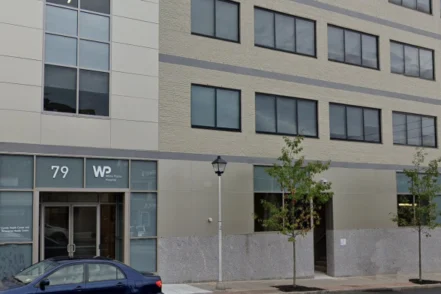
Rockland Psychiatric Center White Plains
79 East Post Road
White Plains, New York 10601Treatment Programs
- Dual Diagnosis
- Adult Program
- Senior Rehab
- +2
Insurance
- Medicaid
- Private insurance
- +4
-
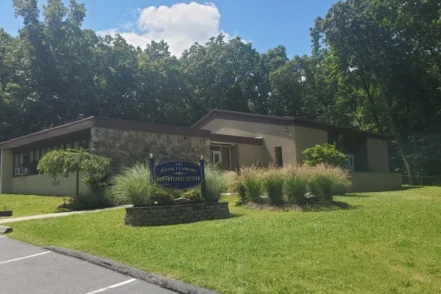
Saint Christophers Jennie Clarkson Campus
1700 Old Orchard Street
Valhalla, New York 10595Treatment Programs
- Dual Diagnosis
- Young Adult Rehab
- LGBTQ Friendly Rehab
-
Innovative Health Systems Outpatient
7 Holland Avenue
White Plains, New York 10603Treatment Programs
- Alcohol Rehab
- Dual Diagnosis
- Opioid Addiction
- +5
Insurance
- Medicaid
- Private insurance
- +3
-
The Lighthouse South
246 Mansfield Avenue
Darien, Connecticut 06820Treatment Programs
- Alcohol Rehab
- Opioid Addiction
- Drug Rehab
- +2
-
Jewish Family Services Jerome Goldsmith
228 Linda Avenue
Hawthorne, New York 10532Treatment Programs
- Dual Diagnosis
- Young Adult Rehab
- LGBTQ Friendly Rehab
Insurance
- Medicaid
- Private insurance
- +2
-
Lexington Center for Recovery New Rochelle
3 Cottage Place
New Rochelle, New York 10801Treatment Programs
- Alcohol Rehab
- Dual Diagnosis
- Opioid Addiction
- +5
Insurance
- Medicaid
- Private insurance
- +3
-
Angelo Melillo Center for Mental Health
113 Glen Cove Avenue
Glen Cove, New York 11542Treatment Programs
- Dual Diagnosis
- Young Adult Rehab
- Adult Program
- +3
Insurance
- Medicaid
- Private insurance
- +3
-
Old World Ceramics
151 Woodward Avenue N
Norwalk, Connecticut 06856Treatment Programs
- Drug Rehab
-
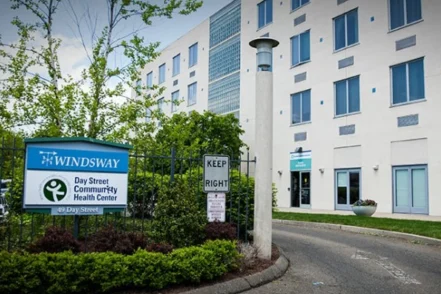
Community Health Center Norwalk
49 Day Street
Norwalk, Connecticut 06854Treatment Programs
- Dual Diagnosis
- Young Adult Rehab
- Adult Program
- +3
Insurance
- Medicaid
- Private insurance
- +4
-
Liberation Programs Families in Recovery Program
4 Elmcrest Terrace
Norwalk, Connecticut 06850Treatment Programs
- Alcohol Rehab
- Opioid Addiction
- Drug Rehab
- +3
Insurance
- Medicaid
- Medicare
- +2
Other Nearby Cities
Top Drug Rehab Centers in Connecticut
-
 Connecticut
ConnecticutAware Recovery Care North Haven
556 Washington Ave, Unit 201 North Haven, Connecticut 06473
Treatment Programs
- Alcohol Rehab
- Dual Diagnosis
- Opioid Addiction
- +4
-
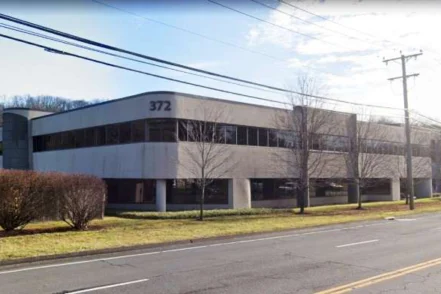 Connecticut
ConnecticutMountainside Wilton
372 Danbury Road Wilton, Connecticut 06897
Treatment Programs
- Alcohol Rehab
- Dual Diagnosis
- Opioid Addiction
- +4
-
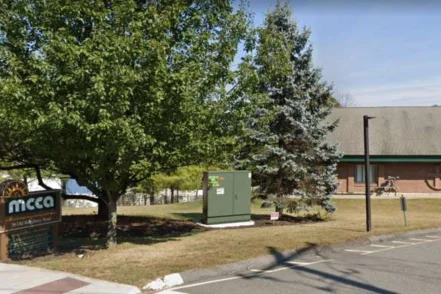 Connecticut
ConnecticutMCCA Midwestern Connecticut Council on Alcoholism McDonough House
38 Old Ridgebury Road Danbury, Connecticut 06810
Treatment Programs
- Alcohol Rehab
- Dual Diagnosis
- Opioid Addiction
- +5
-
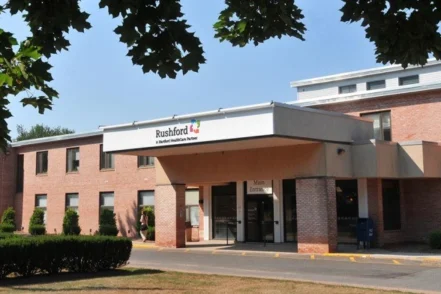 Connecticut
ConnecticutRushford Center Meriden
883 Paddock Avenue Meriden, Connecticut 06450
Treatment Programs
- Alcohol Rehab
- Dual Diagnosis
- Opioid Addiction
- +5
-
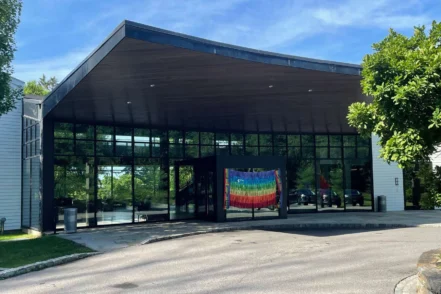 Connecticut
ConnecticutMountainside Treatment Center Canaan
187 South Canaan Road Canaan, Connecticut 06018
Treatment Programs
- Alcohol Rehab
- Dual Diagnosis
- Opioid Addiction
- +5
-
 Connecticut
ConnecticutSilver Hill Hospital
208 Valley Road New Canaan, Connecticut 06840
Treatment Programs
- Alcohol Rehab
- Dual Diagnosis
- Opioid Addiction
- +5
-
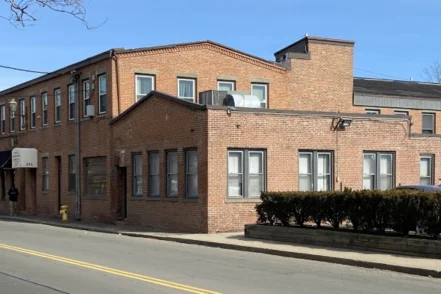 Connecticut
ConnecticutNew Era Rehabilitation Center New Haven
311 East Street New Haven, Connecticut 06511
Treatment Programs
- Alcohol Rehab
- Dual Diagnosis
- Opioid Addiction
- +6
-
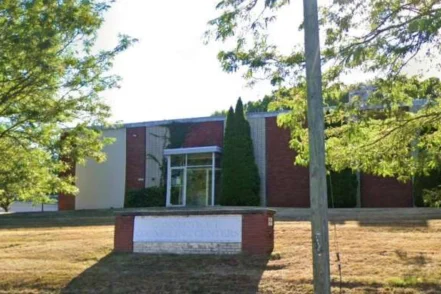 Connecticut
ConnecticutConnecticut Counseling Centers Inc
60 Beaver Brook Road Danbury, Connecticut 06810
Treatment Programs
- Drug Rehab
- Dual Diagnosis
- Opioid Addiction
- +1
-
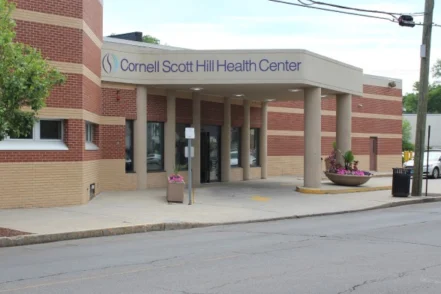 Connecticut
ConnecticutCornell Scott Hill Health Center 400 Columbus Avenue
400 Columbus Avenue New Haven, Connecticut 06519
Treatment Programs
- Alcohol Rehab
- Dual Diagnosis
- Opioid Addiction
- +5
